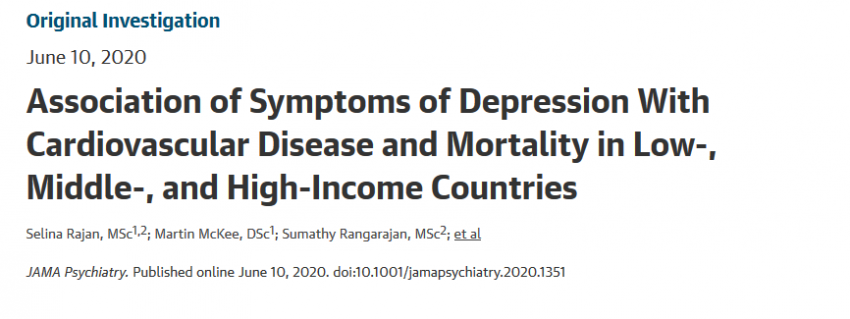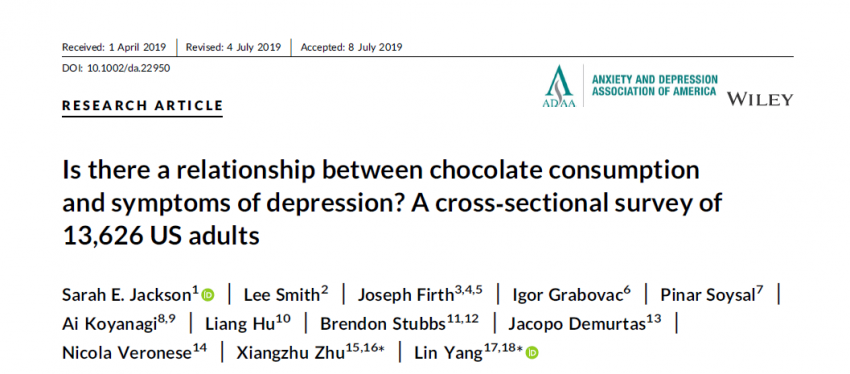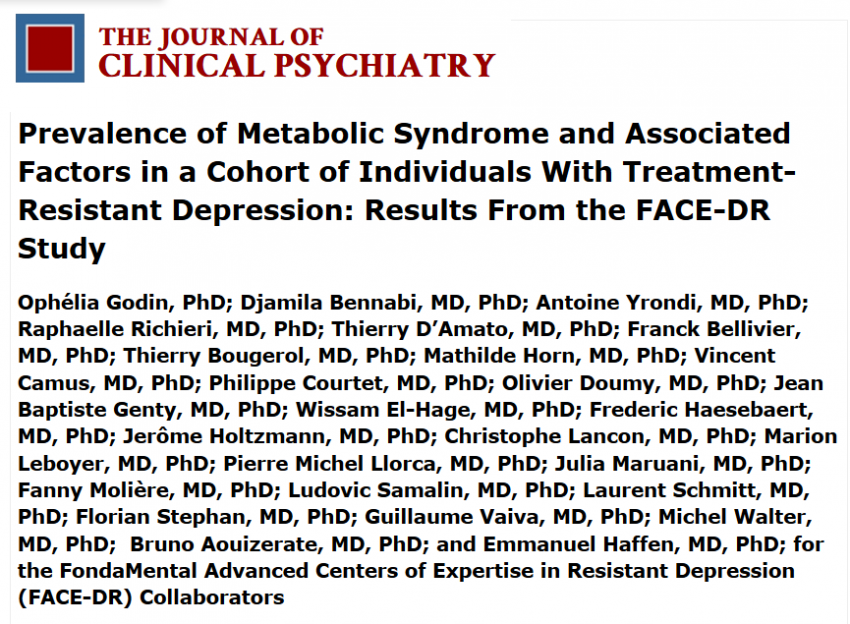Older patients on dialysis have a high prevalance of depression and cognitive impairment
The purpose of this study published 2005 in Aging and Mental Health was to evaluate levels of cognitive impairment, depressive mood and self-reported quality of life in older dialysis patients (>70 years). A total of 51 outpatients receiving dialysis were assessed by psychologists, using a depression scale (MADRS), two cognitive tests (MMSE and BEC 96),…






